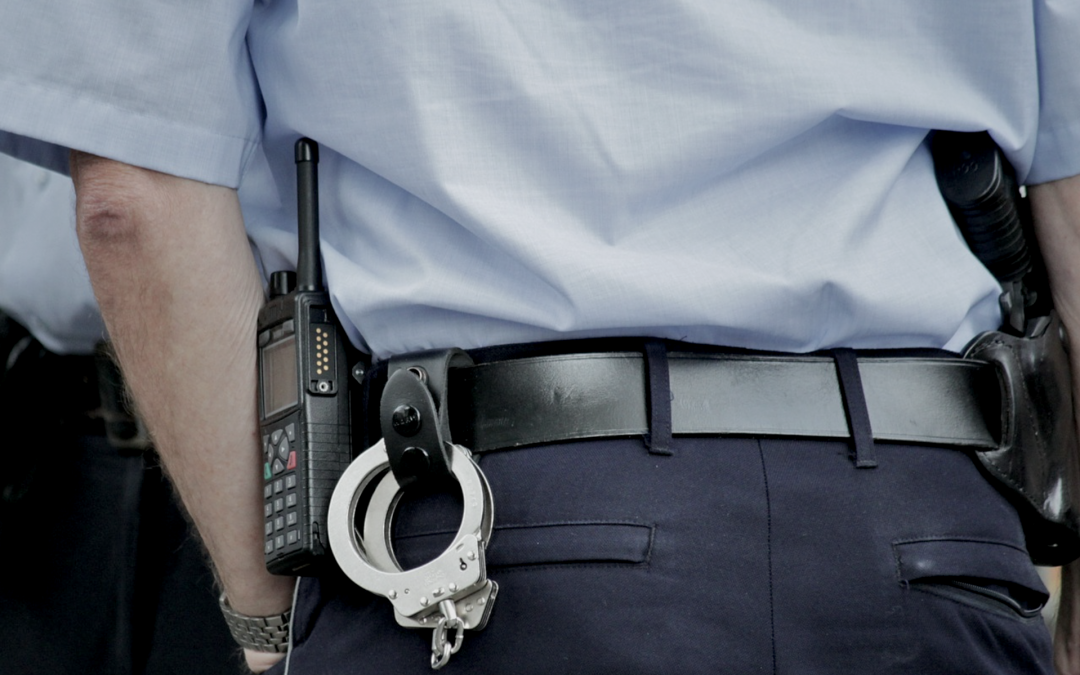There’s a lot of confusion between two terms – is it a DUI or DWI? The fact that they are often used interchangeably doesn’t help with the confusion!
DUI vs DWI in Texas
The difference largely has to do with the age of the driver. While both describe an individual operating a vehicle with detectable amounts of alcohol in their system, they are not totally interchangeable in Texas. A DUI stands for Driving Under the Influence, and DWI stands for Driving While Intoxicated.
A driver of any age may be charged with a DWI if they are pulled over with a Blood Alcohol Concentration (BAC) of more than 0.08. Here’s a BAC calculator if you’re curious, but if you’ve been drinking it’s better to take a ride share home. On the other hand, a person under 21 years of age (the legal age to drink in the United States) with *any* detectable amount of alcohol may be charged with a DUI. Texas has a zero-tolerance policy for minors drinking.
Because of the age differences, the penalties for DUI and DWI are also vastly different. A DWI with a BAC of between 0.08 and 0.15 is a Class B can carries the possibility of a fine of up to $2,000, 3 to 180 days in jail, and up to a year suspension of the driver’s license. If the driver’s BAC is over 0.15, they can be charged with a Class A misdemeanor, with a fine of up to $4,000 and up to a year in jail.
Punishment: DUI vs DWI
The punishment for a DUI isn’t quite as severe due to the lower BAC and younger age of the driver, but will still start a criminal record. A minor charged with a DUI could receive a fine of up to $500, a driver’s license suspension of up to 60 days, and community service. The idea is to punish the minor for drinking and driving, but not interrupt their schooling and work and create potentially bigger problems down the line.
The confusion comes from how different states use the terms DUI and DWI differently.
DUI and DWI in Other States
For example, in California, the term “DUI” is used almost exclusively. This applies for driving under the influence of drugs alone, driving under the influence of alcohol alone, or driving under the influence of both. Even being charged for driving with a BAC of 0.08 or higher will be a DUI, not a DWI. However, a DWI from another state like Texas can still follow you into California if you are caught drinking and driving there.
There is even another term some states use to describe driving under the influence: OUI and OWI for Operating Under While Under The Influence and Operating While Intoxicated, respectively. Alaska, for example, uses OUI or DUI depending on whether the state or municipality is making the charge, but does not use OWI. Other states, such as Indiana, Iowa, Michigan, and Wisconsin do use the term OWI, or Operating While Intoxicated, when charging drunk drivers.
No matter what you call it, contacting an experienced attorney right when you are charged is incredibly important for the wellbeing of your case. Thank you for reading the legal news blog of The Law Office of Gabriella Young. We are an Austin, Travis County, and Williamson County criminal defense law firm, covering personal injury, DWI, and our jail release assistance is available 24/7. We are dedicated to our clients and their futures, and will handle your case with compassion and dedication!

